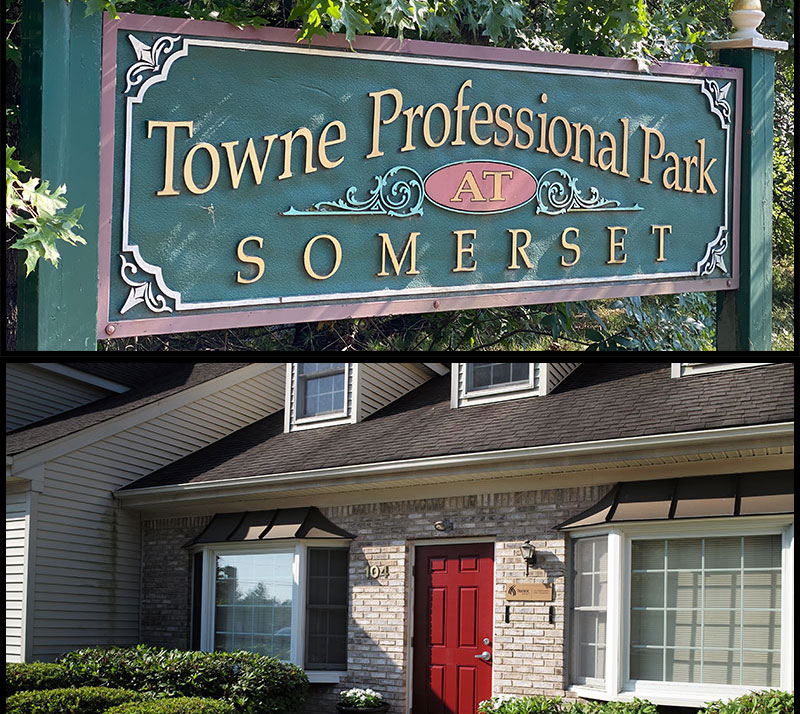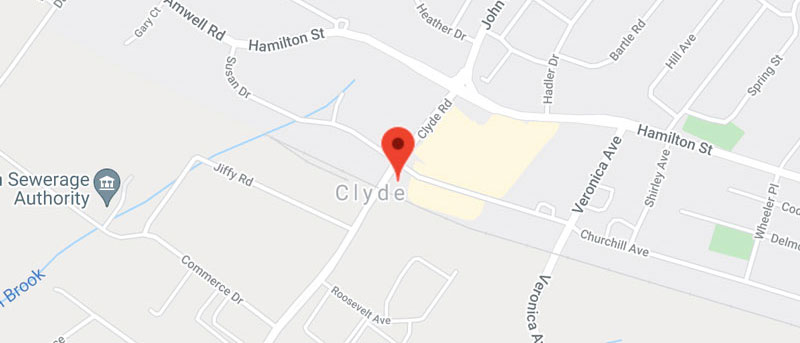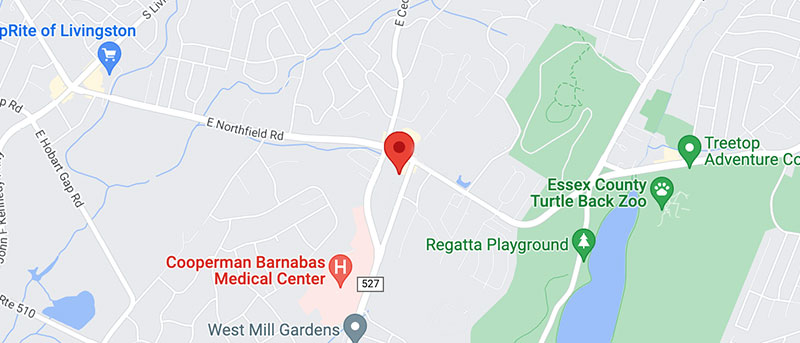Facial implants are inert, biocompatible materials that enhance the natural facial skeleton, thereby helping you achieve your desired facial appearance. Facial implants are commonly made of Porus Polyethylene (Teflon), Gortex, or Silastic — these are inert and safe materials that don’t cause adverse tissue reactions or rejection. Facial implants are inserted through small incisions inside the mouth or on the natural folds of the face, so the incision points are largely undetectable. Dr. Ramesh will discuss the ideal implant type and location during your appointment.
Facial Implants

What are the types of facial implants?
A chin implant is suitable for patients who want to enhance a receding chin, balancing out overall facial proportions. Approximately 20% of the people desiring a rhinoplasty can also benefit from a chin implant. That’s because a receding chin often makes the nose protrude outwards. As such, getting a chin implant will make your nose (and other facial features) appear more proportional. Chin implants are usually placed through a small incision under the chin, making the incision scar invisible to the naked eye.
Most people desire prominent, high cheekbones because they improve your overall facial contours. If you don’t have naturally high or prominent cheekbones, you might be suitable for cheek implants. The surgeon places cheek implants through small incisions inside the mouth, so the incision mark is completely invisible. The surgeon will discuss all your anatomical shapes and sizes to select the appropriate level of augmentation for your cheeks.
The sub-malar region is the area just underneath the cheekbones and above the nasolabial folds. As you grow older, the loss of baby fat can give you a hollow midface region, making your face look drawn and gaunt. A submalar implant, however, can enhance the mid-face area and nasolabial folds, making your skin look smooth and well-contoured. You can also combine a submalar implant with a malar implant to augment the midface region and your cheekbones.
A jaw angle implant enhances or augments a narrow jawline. This is especially suitable for patients desiring a more chiseled and angular jawline. You can also combine a jaw angle implant with a chin implant to enhance your overall chin and jawline appearance.
What materials are used for facial implants?
Facial implants are generally made from Medpor, Goretex, and silastic (solid silicone). These are inert and biocompatible materials well-tolerated by the body with no risk of adverse tissue reactions and rejection. These implant materials are completely stable — once they’re in place for two months, they don’t move or leak. As such, they’re ideal for facial augmentation.
What happens during facial implant surgeries?
Facial implant surgeries are performed under local anesthesia and sedation, thus avoiding the risks associated with general anesthesia. The surgeon makes strategic incisions inside the mouth or along the natural folds of your face, such as the nasolabial folds running from the corners of your nose to your mouth. The implant is inserted through the incision point. Over a period of 2 months, a thin shell of scar tissues forms around the implant to hold it in place, thus ensuring long-term stability.
Are facial implants permanent?
Facial implants are generally permanent. They’re placed on your facial bones, making them a part of your overall facial structure. Over time, the muscle and facial fat tissues will age naturally over the implants, ensuring you always look natural.
Dr. Ramesh is a board-certified oculoplastic surgeon with immense experience with facial implants for the chin, cheeks, and jawline. Please schedule an appointment at our medical center in Somerset County, NJ, to discuss your facial implant options.

Contact Us
Schedule an
Appointment
BOOK NOW

The Center for Eye and Facial Plastic Surgery
35 Clyde Road, #104
Somerset, NJ 08873
Monday – Friday: 8:30a – 4:30p
Livingston Office
22 Old Short Hills Rd Suite 202
Livingston, NJ 07039
Monday: 9:00a – 5:00p
Tuesday: 12:00p – 7:00p
Wednesday – Friday: 9:00a – 5:00p
P: (609) 608-0142
F: (855) 644-0469



